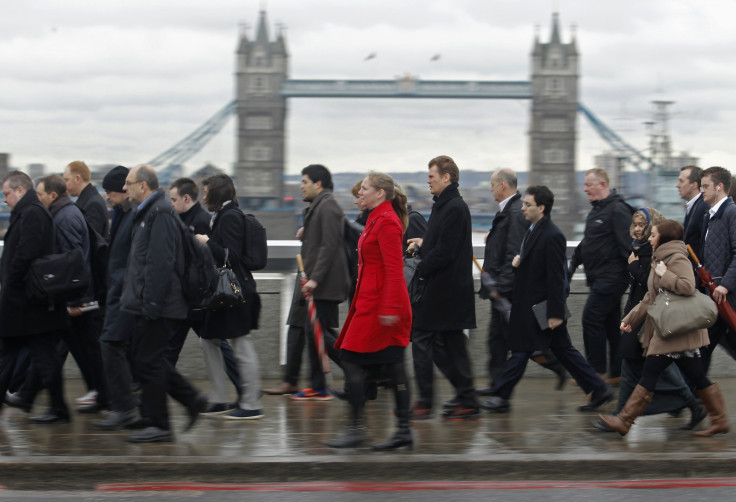The 'Scourge' of Problem Debt Costs the UK Economy £8.3bn a Year

Problem debt costs the UK economy £8.3bn a year, according to charity StepChange.
The organisation said the debt puts a burden on family life, mental and physical health, productivity and employment prospects and costs to the welfare state, the NHS, local government and other agencies.
"It is not just individuals who bear the costs of problem debt. Problem debt costs all of us, families, businesses and communities," said Mike O'Connor, chief executive of StepChange.
"Lifting the scourge of problem debt and helping prevent it occur in the first place makes sound economic sense.
"We need to see a concerted effort, especially with interest rate rises around the corner, by public bodies, lenders and charities to help people who are in trouble now or are in danger of getting into difficulty."
StepChange explained that £2.3bn ($3.7bn, €2.9bn) is lost around employment as the stress and anxiety caused by debt can undermine economic productivity, prolong unemployment and can lead to job loss, passing on substantial costs to the welfare bill.
In addition, the report also found that £2.8bn is lost on housing as people fall behind on their rent or mortgage payments, they will increasingly be at risk of losing their home or being forced to move.
The charity warned that this results in additional housing benefit payments, eviction costs, homelessness prevention and support, and moving costs.
The research also revealed that there are 2.9 million people in problem debt in the UK.
Previous research by the charity showed that thee million people are using credit to keep up with existing credit and 13 million people do not have sufficient savings to last a month if their income dropped by a quarter.
"A key part of the government's long term economic plan is to boost hardworking peoples' financial security at all stages of life," a spokesperson from the Treasury said.
"That's why we've taken action to deliver the biggest ever increase to the annual subscription limits for ISAs, a radical overhaul of pensions so that people can access them more flexibly, and major changes to the starting rate of savings income tax which will benefit more than 1.5 million people."
© Copyright IBTimes 2025. All rights reserved.






















